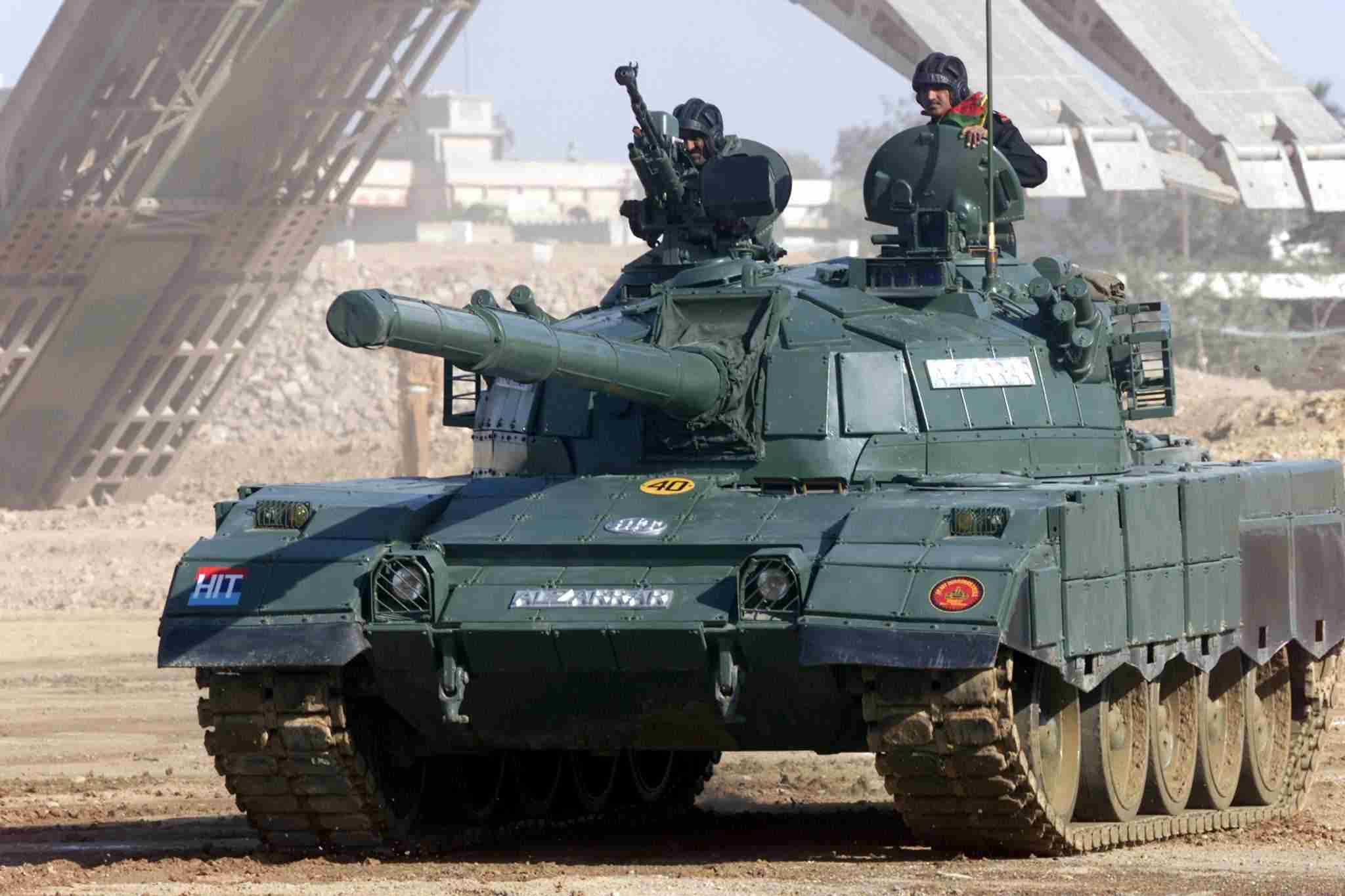Viking 63
FULL MEMBER

- Joined
- Sep 6, 2013
- Messages
- 1,217
- Reaction score
- 0
- Country
- Location
Here is whats written in '' STRATEGY PAGE""
October 12, 2013: India recently ordered another 235 T-90 tanks. These Russian designed tanks are built in India (using Indian and Russian made components) under license and cost $4.9 million each. India expects to have about 1,400 T-90s by the end of the decade. The first T-90 entered service in 1993, and India is the largest user. The T-90 is basically an upgraded T-72, which India has built some 1,900 under license since the 1980s. The T-90 weighs about 15 percent more than the 41 ton T-72. The T-90 has a better fire control system, night vision that is good out to about 1,500 meters, and electronic countermeasures against anti-tank missiles. The autoloader, which often failed in the T-72, is more reliable, and that makes the three man crew (commander, gunner, driver) more effective. The T-90 has ERA (Explosive Reactive Armor) in addition to its composite armor.
The T-90 is not as lively as the T-72 and is actually slower on the battlefield than the U.S. M-1 (which has a horsepower to weight ratio of 24:1, compared to only 18:1 for the T-90). The 125mm gun of the T-90 is basically the same as the T-72. However, if you use better ammo, you stand a chance against top rated tanks like the M-1. But that is not what India expects to face. The most likely opponent is Pakistan, which is largely equipped with 1950s era T-55s (actually the Chinese T-59 copy). The Pakistanis also have 700 or so older T-72 type tanks (Chinese T-69 and Ukrainian T-80), but these would be outclassed by the T-90. India plans to have 21 tank battalions ("regiments" in the Indian army) of T-90s (with 62 tanks each) by 2020. Actually, each battalion only has 45 tanks going into combat. The other 17 are for training and replacements.
October 12, 2013: India recently ordered another 235 T-90 tanks. These Russian designed tanks are built in India (using Indian and Russian made components) under license and cost $4.9 million each. India expects to have about 1,400 T-90s by the end of the decade. The first T-90 entered service in 1993, and India is the largest user. The T-90 is basically an upgraded T-72, which India has built some 1,900 under license since the 1980s. The T-90 weighs about 15 percent more than the 41 ton T-72. The T-90 has a better fire control system, night vision that is good out to about 1,500 meters, and electronic countermeasures against anti-tank missiles. The autoloader, which often failed in the T-72, is more reliable, and that makes the three man crew (commander, gunner, driver) more effective. The T-90 has ERA (Explosive Reactive Armor) in addition to its composite armor.
The T-90 is not as lively as the T-72 and is actually slower on the battlefield than the U.S. M-1 (which has a horsepower to weight ratio of 24:1, compared to only 18:1 for the T-90). The 125mm gun of the T-90 is basically the same as the T-72. However, if you use better ammo, you stand a chance against top rated tanks like the M-1. But that is not what India expects to face. The most likely opponent is Pakistan, which is largely equipped with 1950s era T-55s (actually the Chinese T-59 copy). The Pakistanis also have 700 or so older T-72 type tanks (Chinese T-69 and Ukrainian T-80), but these would be outclassed by the T-90. India plans to have 21 tank battalions ("regiments" in the Indian army) of T-90s (with 62 tanks each) by 2020. Actually, each battalion only has 45 tanks going into combat. The other 17 are for training and replacements.






 They never talk about their current inventory, they will always underestimate what Pakistan have and they will always compare with something they will be acquiring in future
They never talk about their current inventory, they will always underestimate what Pakistan have and they will always compare with something they will be acquiring in future 




